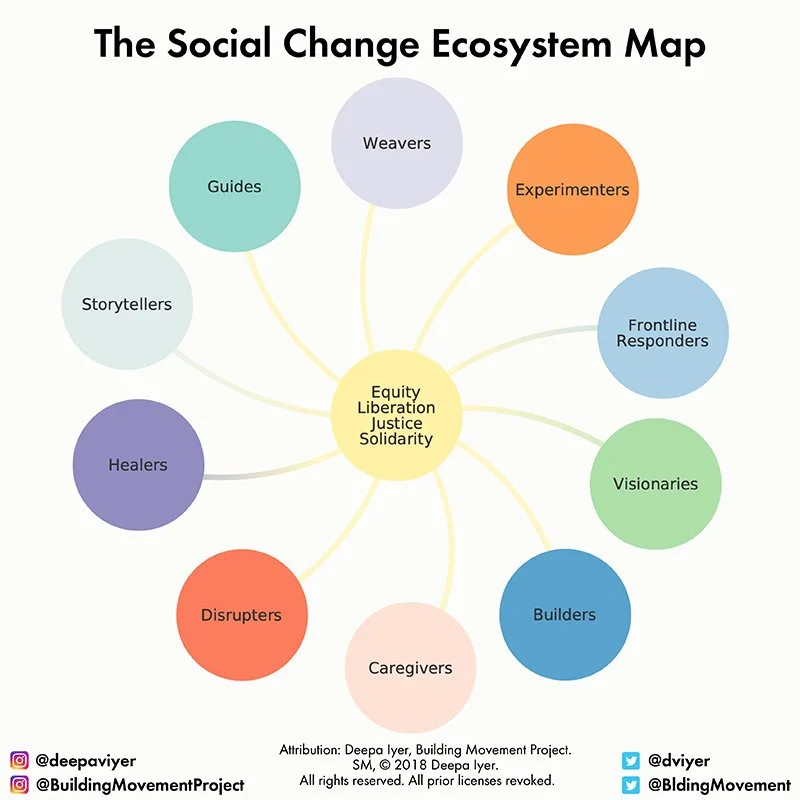apathy by default
I’m increasingly unsettled by the lack of online engagement lately, given the dumpster fire our planet is becoming.
I’m watching people who, IRL, spend their summers camping in the lush boreal of Northern Ontario but are mute about our provincial government’s plan to tear it down in the interest of progress and industry. Or schoolteachers whose lives revolve around children’s well-being yet post nothing about them being deliberately targeted and killed in faraway places.
Frankly, my friends, I just don’t get it. Are we all doing the over-sanitized version of life online because we think that’s what it’s for?! Instagram: somewhere to post about our fave local brewery but never to raise awareness on behalf of other humans who are suffering deeply. Are we scared to speak up? Do we think our voices don’t matter? Either way – on a planet where humans are being illegally kidnapped and intentionally starved and denied dignity and rights – more people need to give more fucks… like, yesterday.
For the sake of my sanity, lately I’ve been really working to, as we say in the comms world, better define my audience. So, if you’re here, and you’re with me but just can’t get motivated to do anything - I get it. In her phenomenal book Trust Your Mind, Jenara Nerenberg talks about how self-censorship has impacted our ability to truly engage with anyone, about anything: which results in us living in a polite and shallow version of reality. We’re not confident in the facts or we’re scared of pissing off our coworkers, so we stay silent and do several million things to numb out how we really feel. This is what so many of us were taught was the appropriate way to deal with feelings and man, what a disservice it has done our civilization. A post for another time.
The problem is unless we make our opinions known, we uphold deeply harmful systems. As Desmond Tutu said, “if you are neutral in situations of injustice, you have chosen the side of the oppressor.”
Take any social issue and you’ll have people on one side of the spectrum who see patterns early and want to do something about it. That’s activism. They see the extent of how deeply interconnected one injustice is to all other ones before it and beside it. It’s colonialism and capitalism and patriarchy and it’s MADDENING. It’s so obvious what’s happening that they can’t fathom how other people don’t see it.
Then there are people on the other side who choose to ignore the patterns because they directly benefit from this injustice - that’s apathy. And when you say nothing, your behavior aligns with those that choose to uphold the harm.
It's activism or it’s apathy by default.
But, you think: I’m not an activist. They’re out in the street protesting. Their whole life revolves around fighting. It’s uphill and confronting and uncomfortable. You think, I can never do that; or, I don’t want to. At least that’s what I thought an activist was until I saw this image by Deepa Iyer:
As Deepa says, “disruptors spark the movement, but it takes an entire ecosystem to sustain a movement.” If we define activism as an active disruption of harmful systems, perhaps it becomes easier to do something. There are so many roles to fill, for every interest and skill - and this need not be your full-time career. You can just choose one thing to care about, too: push back against any all or nothing thinking.
Heads up though, yes: you’ll piss people off and you’ll probably need to build some distress tolerance to teach yourself you can, in fact, survive other people’s disapproval. Frankly we all need a push to better manage our big feelings. Also, you’re gonna piss people off no matter how you live - might as well pick your path instead of blindly falling into one that was chosen for you.
We are moving toward a future that will be shaped by our collective inaction unless we actively choose the alternative. The world needs your imperfect engagement more than your complicit silence. I urge you to consider closer proximity with the activism side of this spectrum - yes, even if it scares you. We only learn how to be brave by doing brave things.
In summary: your voice matters and it’s needed now. Go find a way to use it so you might never forget.

